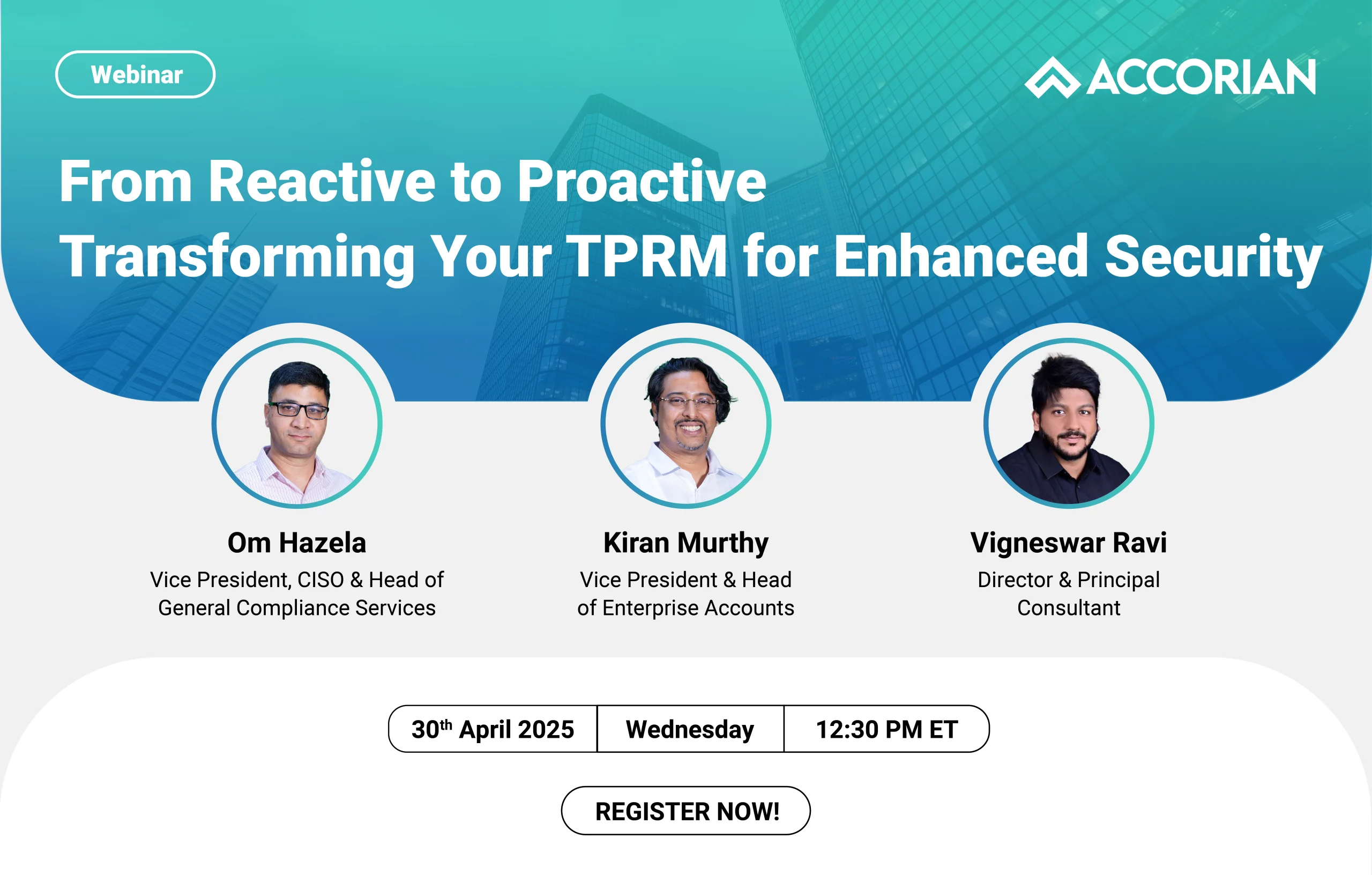GDPR
Secure Your Business with GDPR Compliance
The General Data Protection Regulation (GDPR) aims to revolutionize corporate attitudes towards data privacy and security. Since its enforcement in the EU, companies have been more constrained in their use of customers’ personal data compared to previous practices. Enhancing data security, privacy & management standards in handling and processing customer data has been a longstanding necessity.
Why Do You Need GDPR?
GDPR Compliance Is A Must For Businesses In Europe
GDPR compliance is essential to avoid penalties and obligations that could profoundly impact their operations. The regulation is applicable to all companies, irrespective of their location, that store, process, or handle the personal data of EU citizens.
GDPR compliance goes beyond simply displaying a cookie notice on your website. European citizens possess the right to request their personal data in a transparent and comprehensible manner, along with details on data processing, its purposes, and whether it has been shared with third parties.
01
GDPR Readiness Assessments
We evaluate your organization’s current GDPR compliance status, identifying areas of improvement and providing actionable recommendations to enhance readiness.
02
Data Protection Impact Assessment
We evaluate the implications of your data processing operations on privacy, aiding in risk assessment and ensuring GDPR adherence when managing personal data.
03
Privacy Architect Evaluations
and Advice
We provide expert assessments and advice on configuring privacy frameworks and systems to ensure compliance with GDPR standards.
04
Personal Data Audits
We conduct thorough audits of your data management procedures to guarantee that personal data is handled in accordance with GDPR principles.
05
Notifications and Policy Reviews
We ensure that privacy policies and notification processes are reviewed and updated to comply with GDPR requirements and maintain transparent communication with data subjects.
06
Awareness Briefings
We offer customized briefings to enhance awareness within your organization regarding GDPR regulations and optimal data protection practices.
Why Choose Accorian?
Accorian offers specialized guidance and customized solutions to assist enterprises in attaining and upholding GDPR compliance. Our experts excel in performing thorough audits, data privacy impact assessments, and readiness evaluations to pinpoint and rectify deficiencies. We deliver holistic assistance encompassing policy enhancements, data protection impact assessments (DPIA), and staff education to guarantee smooth compliance and safeguard individual data. Partnering with Accorian empowers you to build trust, minimize risks, and stay ahead in today’s data-driven landscape.
Accorian’s
GDPR Leadership
Accorian’s GDPR Leadership
Accorian’s team of GDPR experts goes beyond mere compliance efforts; they are committed to assisting organizations in establishing a strong foundation for data protection. By conducting thorough assessments, providing strategic advice, and offering practical assistance, we enable businesses to effectively handle the intricacies of GDPR, secure personal data, and cultivate trust with their clients. Our proactive strategy guarantees that your organization not only fulfills regulatory obligations but also stands ready to oversee and safeguard data amidst dynamic changes in the regulatory landscape.




